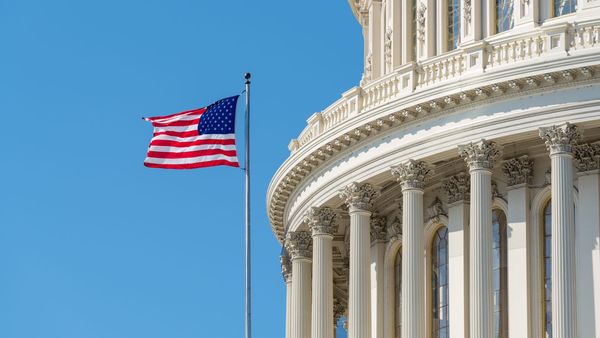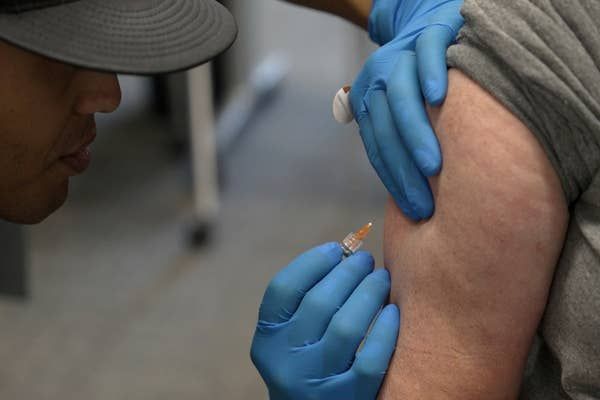Starbucks (SBUX) shares surged higher Wednesday following news that former CEO Howard Schultz will return to the helm of the world's biggest coffee chain following the departure of current boss Kevin Johnson.
Schultz, who stepped down as CEO in 2008 but served as executive chairman until 2018, will return on an interim basis -- essentially without pay -- following the announcement that Johnson will retire. Johnson, who assumed the role of President and CEO in 2017 and told the company last year he was planning retirement, will transition to what the group is calling a "special consultant" to the company and its board of directors.
Starbucks said it will look to hire a permanent CEO in the fall, and plans to update investors at its annual general meeting later today.
“On behalf of the entire Board, I want to express our sincerest thanks to Kevin for his leadership of Starbucks. Kevin and the entire executive team stepped up to the challenge of the pandemic and navigated one of the most difficult periods in modern history," said Mellody Hobson, Starbucks' independent board chair director. "The economic certainty provided to partners during the early months of the COVID shut down, as well as during mandatory quarantines, underscores our core values and will be an enduring legacy for the company."
"During Kevin’s tenure, Starbucks scaled an industry leading digital offering spanning nearly 45 million Starbucks Rewards members in the U.S. and China," she added.
Starbuck shares were marked 6.5% higher in early trading immediately following the news of Schultz's return to change hands at $88.40 each, a move that would still leave the stock with a year-to-date decline of 28.8%.
Starbucks shares have risen around 58% under Johnson's CEO tenure, compared to a 79.2% gain for the S&P 500 over the same period.
Starbucks lowered its 2022 profit guidance last month, and said it would begin hiking prices across its food and beverage menu, amid the ongoing hit to input costs from supply chain disruptions and slowing sales in China.
The group posted weaker-than-expected earnings of 72 cents per share, missing Street forecasts by 8 cents, even as sales rose 19% to $8.1 billion.
Sales in China, however, its most important market outside of the United States, fell 14% on a like-for-like basis amid Covid-linked disruptions in the world's second-largest economy.







